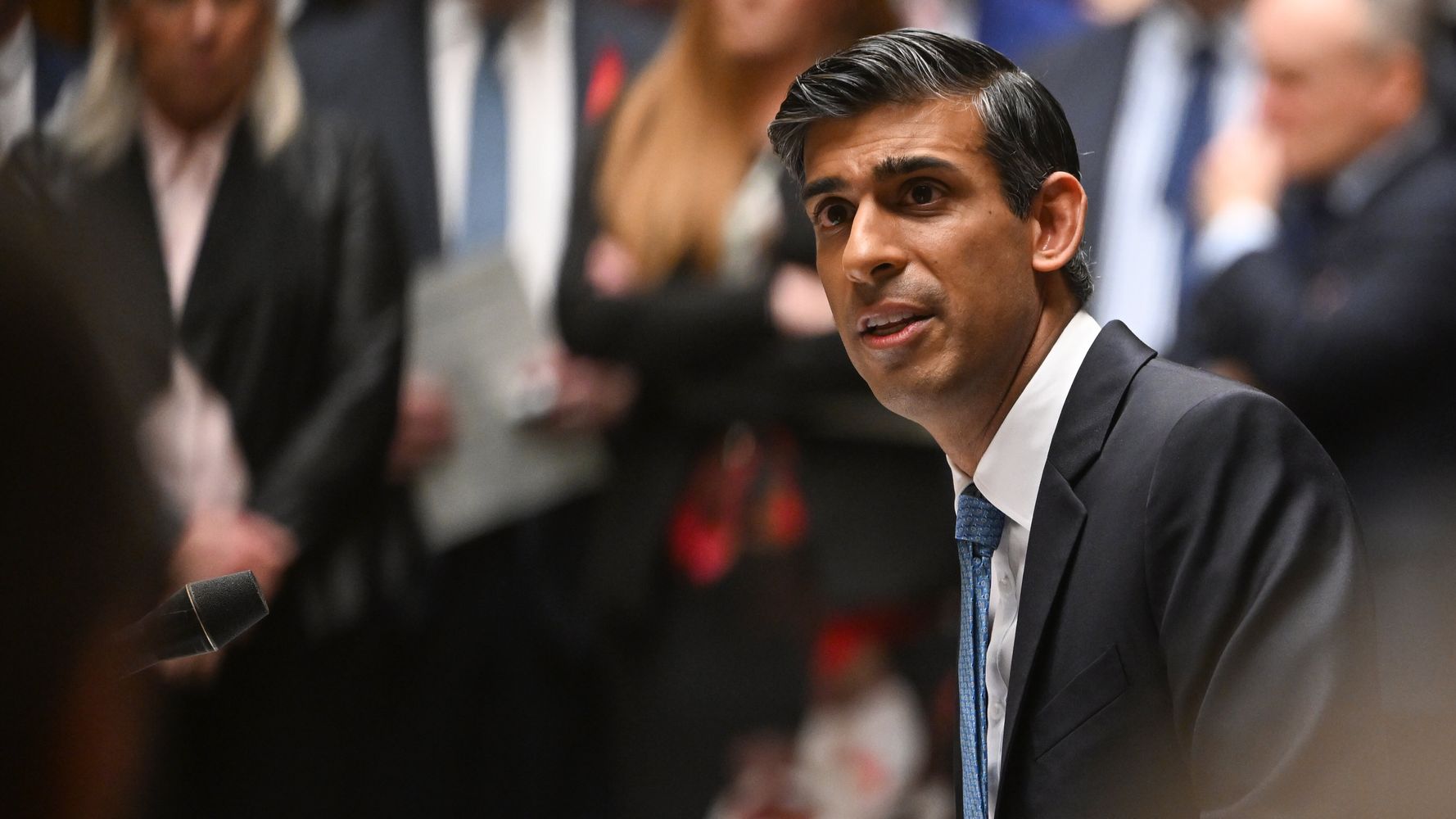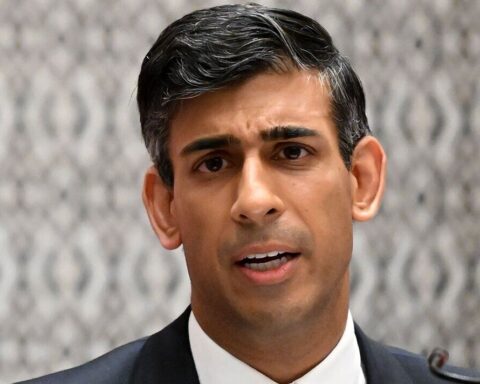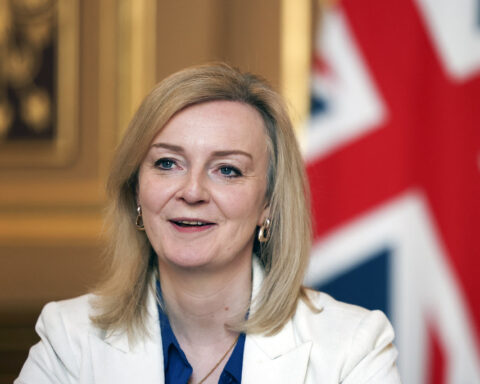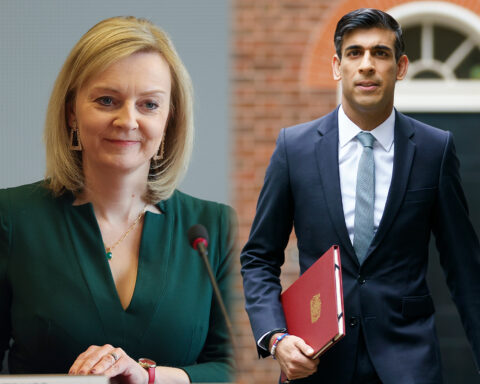Conservative MPs have warned the Prime Minister that he will be committing “economic as well as political suicide” and kill off the Party’s chances of regaining ground on Labour if he raises fuel duty by 12pence per litre in the budget.
The Chancellor Jeremy Hunt and Prime Minister have been busy examining ways to boost taxation to refill the UK’s depleted coffers with a series of increases and tweaks to tax thresholds have so far refused to rule out the hike in the budget scheduled to take place in March.
The Government’s refusal to rule out the controversial tax hike, comes as a Centre for Economics and Business Research (CEBR) report warned the rise could push up inflation by more than 2 per cent, wipe 1 per cent off GDP and cause 31,000 job losses.
Their devastating report has further unnerved a number of backbench MPs who are already worried at the scale of the tax increases announced in Jeremy Hunt’s Autumn Statement.
The Conservative MPs believe that a significant fuel duty rise would significantly dent the party’s chance of regaining ground on Labour who according to dozens of recent polls are on course for a major victory at the next election.
One of the Conservative MPs, Craig Mackinlay, was reported in the Evening Standard newspaper as saying: “To raise duty against already overtaxed motorists facing a new assault by city mayors eyeing up drivers as a new cash cow would be economic as well as political suicide and must be opposed.
“I call upon both the Chancellor and PM to say clearly now that no such rises will be entertained. Motorists have had enough of being easy targets for price gouging and excessive taxation.”
While the hugely popular, senior Conservative backbench MP, Dame Andrea Leadsom added: “At a time when families are struggling with the rising cost of living, any rise in fuel duty would be a devastating hit for people trying to get to work, school or just for the weekly shop.”
During the Summer, Howard Cox, head of the FairFuelUK campaign group told parliamentnews.co.uk it was time for, “our elected national politicos to recognise that cutting Fuel Duty is a key strategic component to easing the cost-of-living crisis and thus vital to reducing inflation”.
He went on to argue the cutting duty would have a powerful deflationary impact, adding: “…at the stroke of the Chancellor’s pen its positive fiscal effect is both immediate and substantial”.
Tory MPs believe the PM could win further support from the public if it takes action on the Competitions and Market Authority (CMA) report, published earlier this month that found: “some evidence of rocket and feather behaviour” – meaning petrol retailers were quick to raise prices but very slow to bring them down.
The CMA’s intervention came after the then business secretary, Kwasi Kwarteng, asked the watchdog in July to urgently review petrol station operators, amid concerns that retailers had not passed on a five pence per litre cut in fuel duty to consumers.
While the CMA report found that “the fuel duty cut appears to have been implemented, with the largest fuel retailers doing so immediately and others more gradually” there was evidence of retailers not passing on subsequent falls in oil prices to consumers at the pumps.
The review was launched after petrol and diesel prices hit a series of record highs this summer after Russia’s invasion of Ukraine pushed up oil prices.
Prices rose by about 50p a litre from January to July, the biggest jump in fuel prices recorded within one year, although they have since fallen back.
The CMA described 2022 as “the most volatile year for fuel prices since reliable records began” and announced plans to further study the increase in fuel retailer margins in recent years and whether their were “competition issues”.
The CMA’s interim chief executive, Sarah Cardell, commented: “It has been a terrible year for drivers, with filling up a vehicle now a moment of dread for many.
“The disruption of imports from Russia means that diesel drivers, in particular, are paying a substantial premium because of the invasion of Ukraine. A weaker pound is contributing to higher prices across the board, too.”






